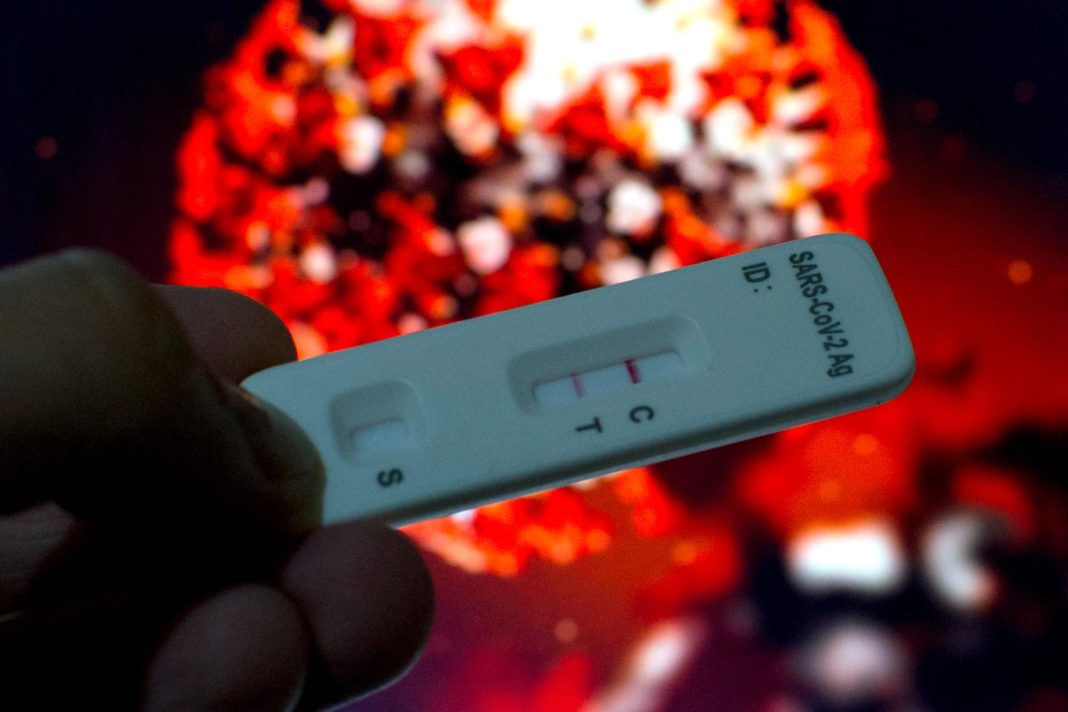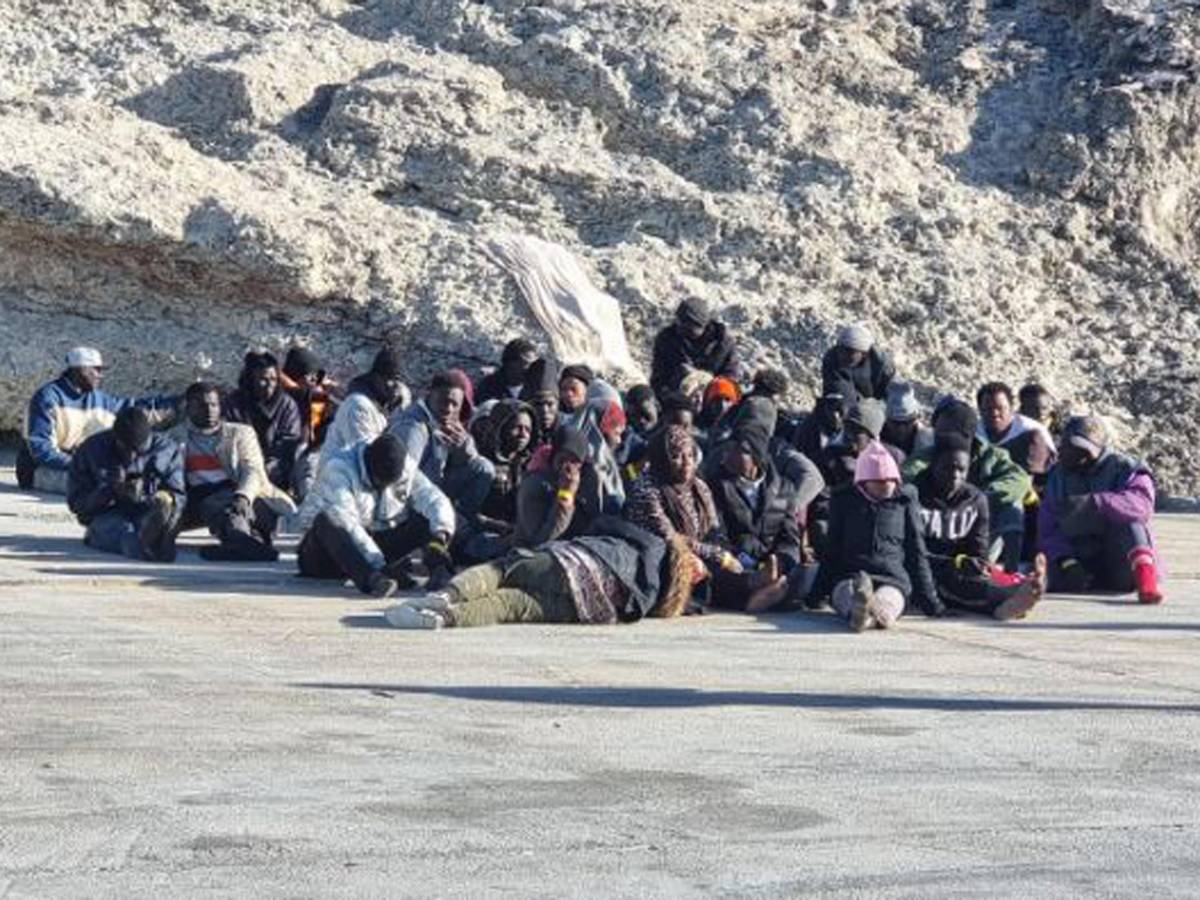A 31-year-old woman, who was vaccinated with a booster treatment against Covid, tested positive for the Omicron variant of Sars-CoV-2 once 20 days after delta infection. For the researchers who have described the situation in Spain, this isThe shortest known period so far between two Covid-19 cases. The protagonist of a double record infection is a health worker.
The woman, reading a note from the European Congress of Clinical Microbiology and Infectious Diseases (Eccmid 2022, to be held in Lisbon, Portugal, April 23-26), during which the case was presented, contracted Covid-19 twice in 3 weeks. The first time she tested positive on December 20, 2021, in a PCR (classic molecular swab) test while screening employees in the workplace. She had received the medication 12 days earlier and had no symptoms. She self-isolated for 10 days before returning to work. And on January 10, 2022, just 20 days after her first test result, she developed a cough, fever and general malaise. Another PCR test was done. This was also positive.
Complete viral genome sequencing revealed that the patient was infected with two different strains of SARS-CoV-2. The first infection, in December, was delta-type. The second, in January, with the Omicron variant designated as a variant of concern by the World Health Organization just over a month ago, on November 26, 2021.
Omicron is quickly becoming the dominant alternative worldwide, it is much more contagious than Delta and can evade immunity from previous infections and vaccination, experts who have dealt with the case of ultra-rapid re-infection explained. A case that underscores one of the study’s authors, Gemma Risio, of the Instituto Catala de Salute in Tarragona, Spain, “the potential of the Omicron variant to circumvent prior immunity acquired from natural infection with other variants or from vaccines.
“People who have had Covid – he says – cannot assume they are protected from reinfection, even if they have been fully vaccinated. However, both previous infection with other variants and vaccination appear to partially protect against serious illness and hospitalization” with Omicron.
For Recio, close double infection also “shows the need for genetic surveillance for viruses in infections in fully vaccinated people and in re-infections in recovered people. Such surveillance will help detect variants that have the potential to partially evade the response.” “.

“Reader. Travel maven. Student. Passionate tv junkie. Internet ninja. Twitter advocate. Web nerd. Bacon buff.”




